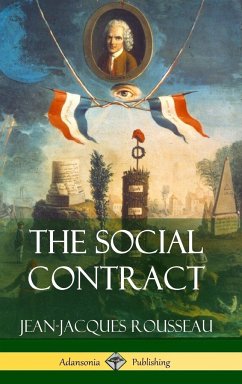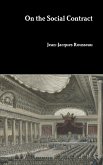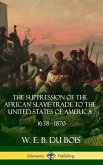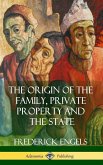Rousseau's classic treatise of political philosophy espouses ideas and reforms radical for their time. The Social Contract explores the conflict between a society devoted to a prospering and healthy community, and the interests of commercial enterprise. The thoughtful analysis of society, which at the time was on the cusp of beginning the industrial revolution, and crucially Rousseau's rejection of the monarch's principle of the Divine Right, led to the document becoming an inspiration for the French Revolution. Rousseau argued for personal freedoms and a community where every member has a say. He was vigorously against slavery, and the subjugation of populations brought under the sway of a state. Instead, Rousseau proposed a system whereby the state represents and serves the best interest of its population, to the enrichment and betterment of the general society - it is this principle which encapsulates the philosophy espoused in The Social Contract.








